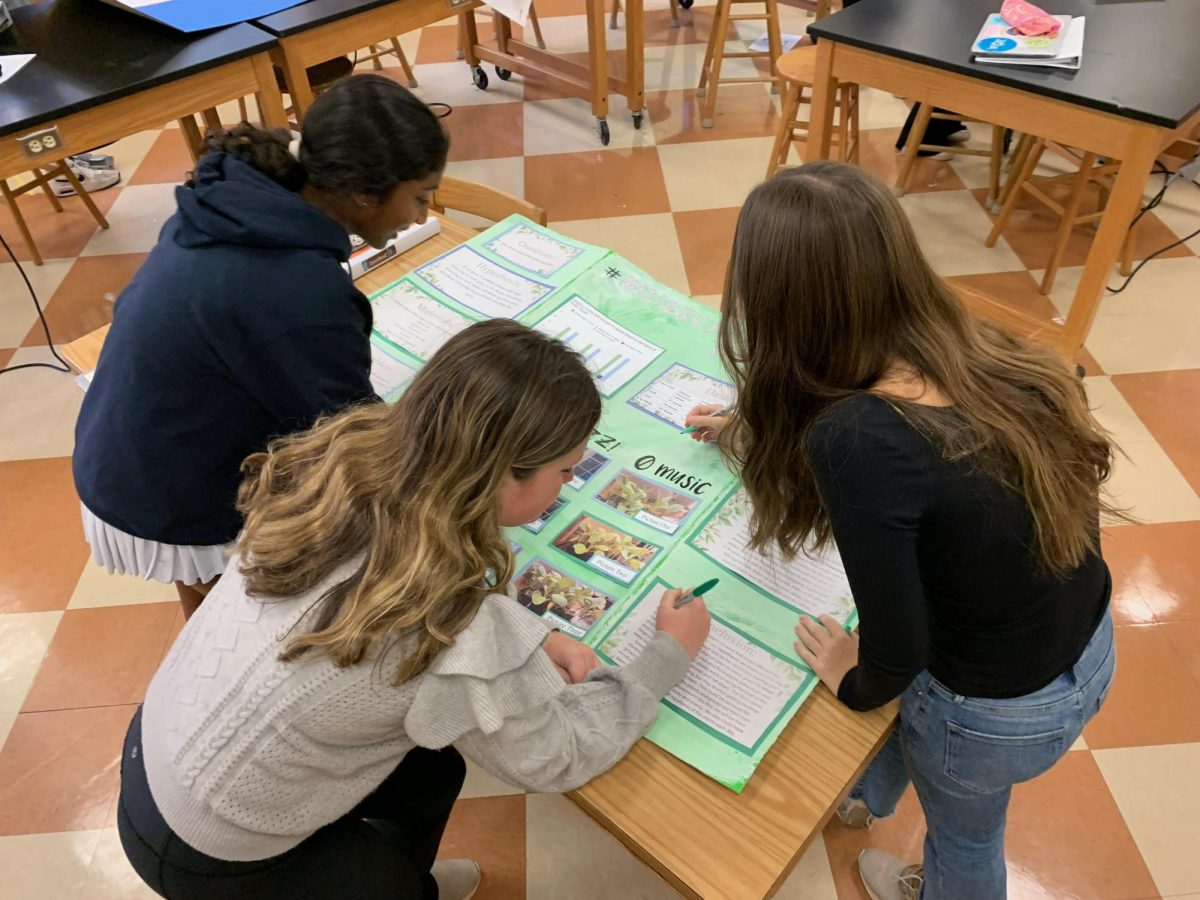This year, 8th-grade students are experiencing angst due to an early science fair date of November 8th because they will have less time to do all the work.
For the annual science fair, 8th-grade students must think of an experiment, use the scientific method to research and test it, and then graph and present it to the Middle School. Students can also choose for their projects to be judged, which will decide whether they can compete at the state fair.
In past years, the science fair has been held in late November or early December, but this year, the science fair is being held at the beginning of November.
The earlier start date is mainly due to scheduling conflicts. Every year, the physics teachers have to schedule the science fair for one of the Wednesday Community Times, and this year, when the physics teachers were looking to plan it, the only available date was Wednesday, November 8th. Moreover, the Atlanta Public Schools, which organizes the science fair, set the deadlines for state science fair submissions. This year, they started two weeks earlier than usual, causing us to have to accelerate our schedule and work at a faster pace.
Some 8th-graders dislike having an earlier due date because of a heavier workload in less time, and it also brings stress to the quality of their projects, especially for those who wish to be judged. 8th-grader Whit Echols says he has felt stressed because of the earlier date and would prefer it to be later. “I do feel more pressure,” Echols says. “[I would like more time] because you can workshop it more . . . and add finishing touches.” Echols also acknowledges that the earlier date has made him think twice about being judged. “I chose to be judged; however, looking back, I’m not very happy because it adds even more stress than there already was.”
8th-grade physics teacher Florence Sumner thinks this earlier start date shouldn’t heavily influence most students’ projects, but it could influence whether they want to be judged. “What could be impacted is students’ decisions to be judged because they might feel like they haven’t done as well as they might have in a timeframe,” says Sumner. Many students might not want to apply to the state science fair because they haven’t been able to make their project as good as they wished to due to the lack of time.
Moreover, the science fair also brings an extra workload. The students must balance their time between working on their regular physics homework and projects, and the teachers must grade and do a lot of paperwork.
Because of the possible trouble, Sumner and the science teachers sometimes consider not even doing the science fair. “Every year, we face whether we should do this because of the time it takes off from physics. We think it’s worthwhile . . . It’s the only time we do a fair.” Mrs. Sumner thinks it’s beneficial because it can be fun and helps teach how to use the scientific method.
Despite the challenges and additional workload brought on by the earlier date, the science fair acts as a valuable learning experience for 8th-grade students, teaching them the scientific method in a fun and engaging way. However, to alleviate some of the pressure in the future, it would be beneficial if the physics teachers could schedule the event earlier in the year. A later date would provide students with more time to prepare, ensuring they can do the best work they can.


